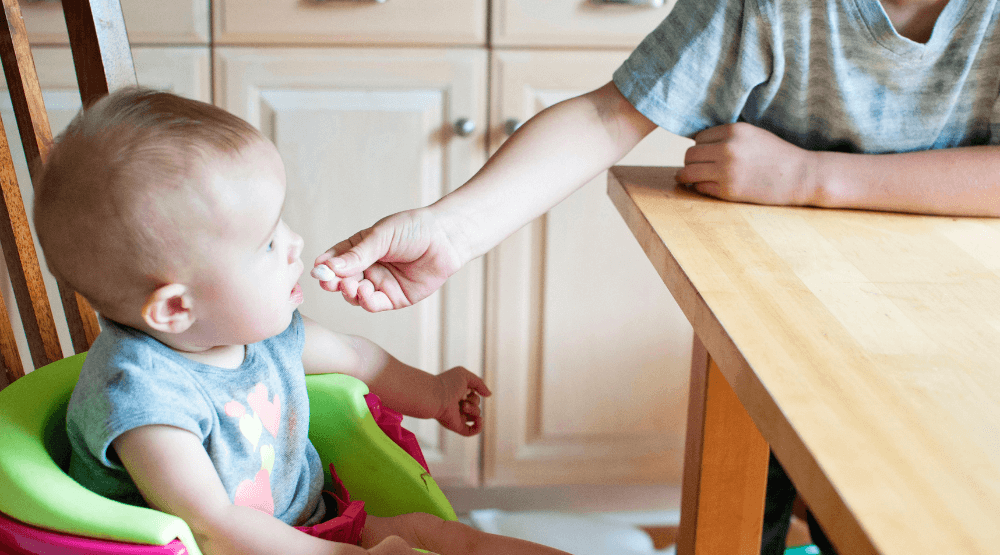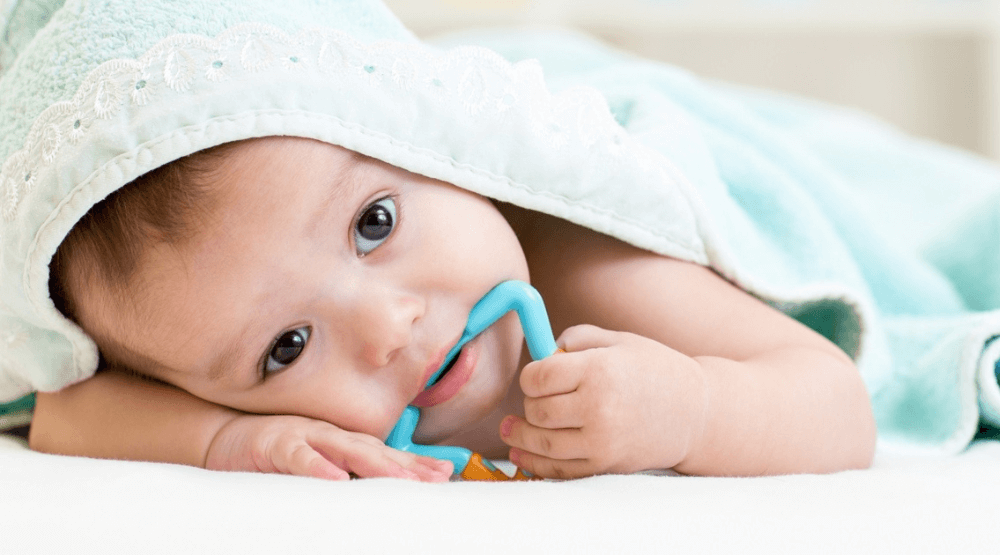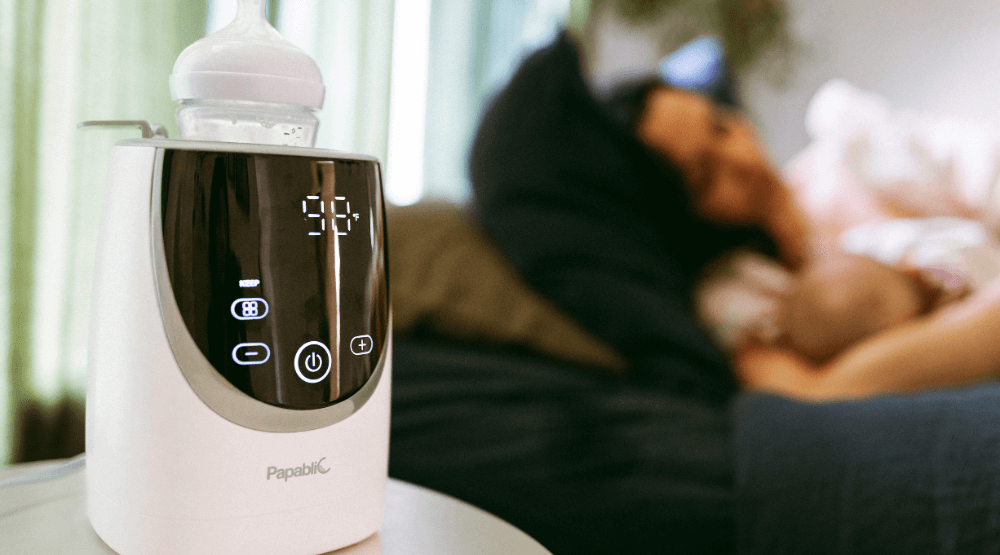
One of the most critical aspects of parenting is ensuring that your baby receives the right nutrition at each stage of development. As infants grow, their dietary needs evolve, necessitating a thoughtful and informed approach to feeding.
In this article, we will explore the different feeding stages for infants and highlight the importance of choosing the right equipment, such as the Papablic sterilizer and Papablic bottle warmer, to ensure the utmost safety and convenience for both parents and babies.
Stage 1: Breast Milk or Formula (0-6 Months)
The first six months of a baby's life are crucial for their growth and development. During this period, breast milk or formula provides the essential nutrients needed for optimal health. Breast milk is the ideal choice, offering a perfect balance of proteins, fats, vitamins, and antibodies that boost the baby's immune system. If breastfeeding is not an option, choosing a high-quality infant formula ensures that your baby receives the necessary nutrients.
It's important to feed your baby on demand during this stage, as their tiny stomachs require frequent, small meals. Ensuring proper latch and feeding in a calm environment are essential for successful breastfeeding.
Stage 2: Introduction to Solid Foods (6-12 Months)
Around six months, babies are ready to start exploring solid foods. This transition is a critical milestone, and it's important to introduce a variety of nutritious foods to support their developing taste preferences and provide essential vitamins and minerals.
Begin with single-ingredient purees, such as rice cereal, pureed fruits, and vegetables. As your baby becomes accustomed to these new textures and flavors, gradually introduce a wider range of foods. Pay attention to signs of readiness, like the ability to sit up and showing an interest in reaching for food.
Papablic Baby Sterilizer and Bottle Warmer: Ensuring Hygiene and Convenience
Ensuring that your baby's feeding equipment is properly sterilized is crucial to prevent the risk of infections and illnesses. The Papablic Baby Bottle Sterilizer offers a convenient and efficient way to sterilize bottles, pacifiers, and other feeding accessories, providing peace of mind for parents.
Additionally, the Papablic Bottle Warmer is designed to gently and evenly warm breast milk or formula to the perfect temperature, preserving essential nutrients and minimizing the risk of overheating. Its user-friendly features, such as customizable warming settings and a quick heating time, make it a valuable addition to your baby care routine.
Feeding Stage 3: Transition to Finger Foods (9-12 months)
As your baby approaches their first birthday, they will likely be ready to transition to finger foods. This stage is crucial for developing fine motor skills and introducing more complex textures. Offer bite-sized, soft pieces of food that are easy for your baby to pick up and chew.
Introduce a variety of foods, including well-cooked vegetables, soft fruits, and small pieces of protein like shredded chicken or cheese. Encourage self-feeding and monitor for any signs of allergies or sensitivities.
Stage 4: Family Foods and Self-Feeding (12-24 Months)
By the age of one, most babies can transition to eating family foods. Offer a balanced diet that includes a variety of fruits, vegetables, grains, proteins, and dairy. Encourage self-feeding with appropriate utensils, fostering independence and fine motor skill development.
Keep an eye on your baby's intake of iron-rich foods, as iron is essential for their cognitive development. Continue to introduce new flavors and textures, and be patient as your little one navigates the world of different tastes.
Stage 5: Transition to Whole Milk and Varied Diet (24 Months and Beyond)
Around the age of two, most children can transition from formula or breast milk to whole milk. Ensure that your child continues to receive a well-balanced diet that includes a variety of nutrients. Introduce a wide range of foods to support their overall growth and development.
Encourage healthy eating habits, such as sitting at the table for meals, and limit sugary snacks and beverages. Pay attention to your child's cues of hunger and fullness, and involve them in meal preparation when appropriate.
Navigating the various feeding stages of a baby's development is a complex yet rewarding journey. Ensuring proper nutrition and maintaining a clean feeding environment are pivotal aspects of responsible parenting. The Papablic sterilizer and Papablic bottle warmer emerge as indispensable tools, providing convenience, safety, and peace of mind for parents committed to giving their little ones the best start in life. As you embark on this remarkable journey of parenthood, consider these recommendations and embrace the joy of nurturing your baby through each unique feeding stage.




